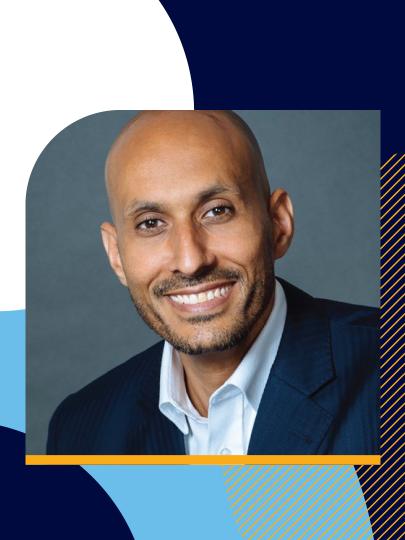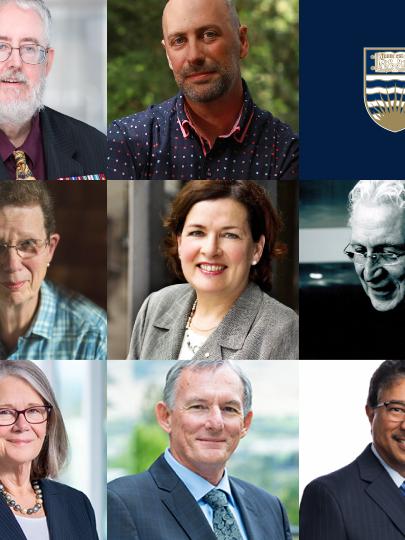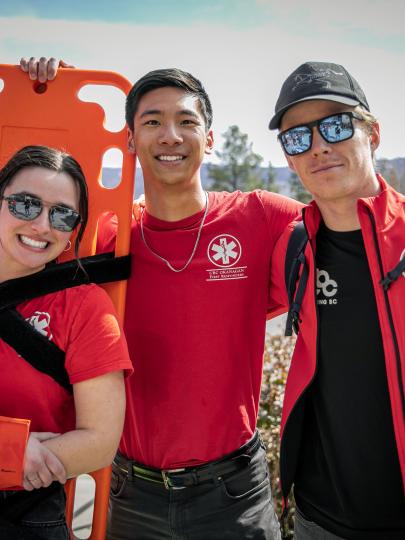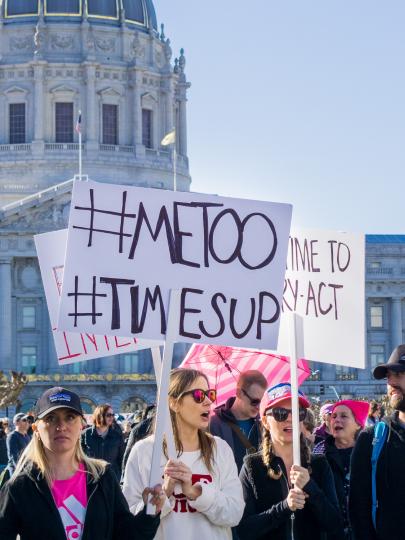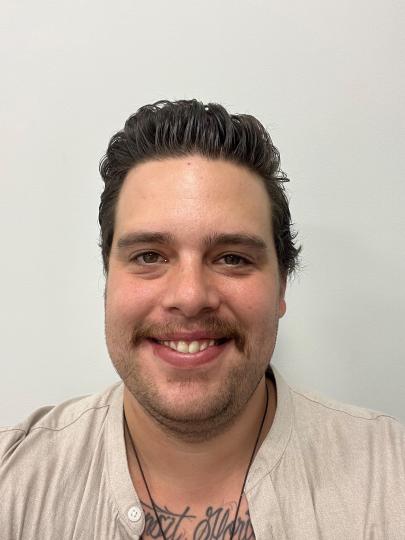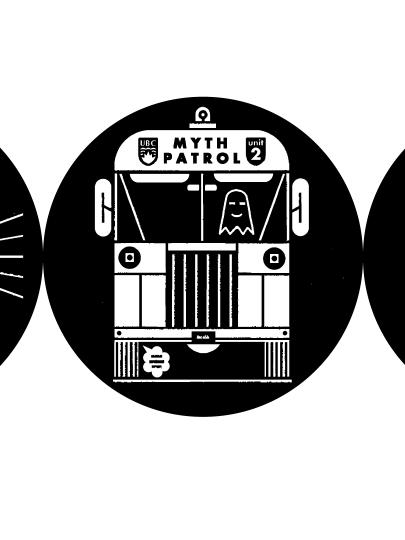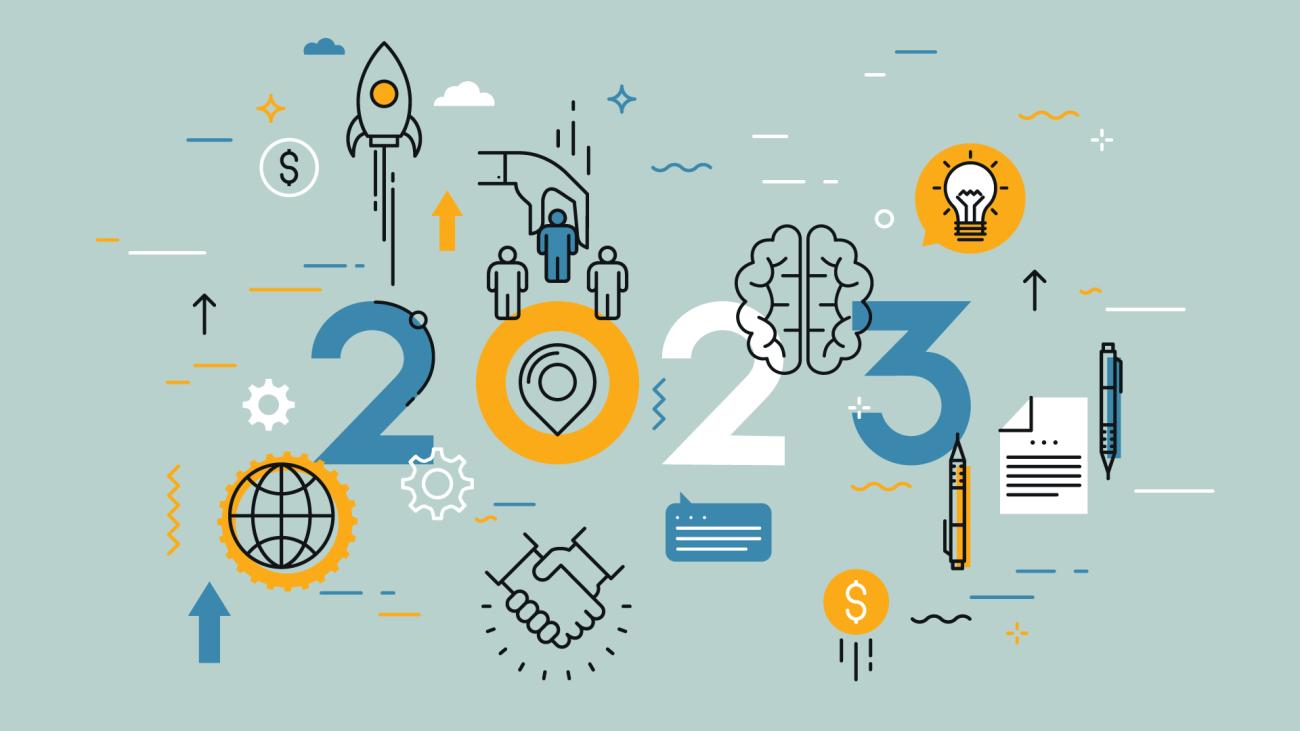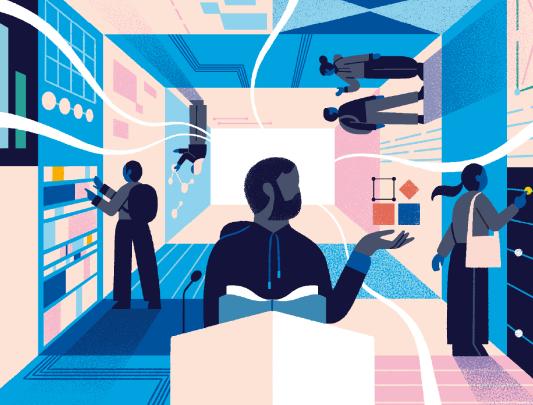Career in review: It’s time to create your own “Best of” list
As 2023 winds down, here’s a reminder to pause and reflect on your own “greatest hits” of the work year.
I love end-of-the-year lists. Whether it is a “Top 50 Albums of…” recap or a “Best Movies of…” roundup, I have always enjoyed reviewing the greatest hits from the past year. As a kid, I would eagerly record CKVU’s Sports Page’s special holiday episode “Yulin’ with the Page” — my favourite annual sports recap. Today, I have no shame in sharing how much I love seeing everyone’s Spotify Wrapped posts at the end of the year. (Getting over my own shame of what I actually listened to is another matter.)
So yeah, I’m a huge fan of year-end lists.
It has only been in the past few years, however, that I’ve realized the value of applying the concept of a “Best of…” recap to my own career. Reflecting on the significant experiences from the year is an important part of the learning process. According to the experts, it is actually the first step in understanding our experiences and critical to identifying new ones we’d like to have. How, then, can we use the end of the year to ensure meaningful reflection happens?
Here are three steps you can take, inspired by Kate Whalen’s Reflective Learning Framework, for kickstarting your own “Best Career Experiences of 2023” recap.
1. Organize your “snapshots” from the work year
Many “Best of..” lists recap the year by highlighting memorable moments by month. I like this timeline approach when it comes to building my own year-end list. It can be hard to recall — let alone rank — one’s accomplishments for an entire year in one go, so reviewing highlights month by month feels a lot more doable.
Another reason I like the timeline approach? I (nerdily) already keep a spreadsheet of my professional accomplishments organized by month, and make a point to update it every quarter. This spreadsheet captures “snapshots” of my work year and is what I review when I think about my own top career experiences over the past 12 months.
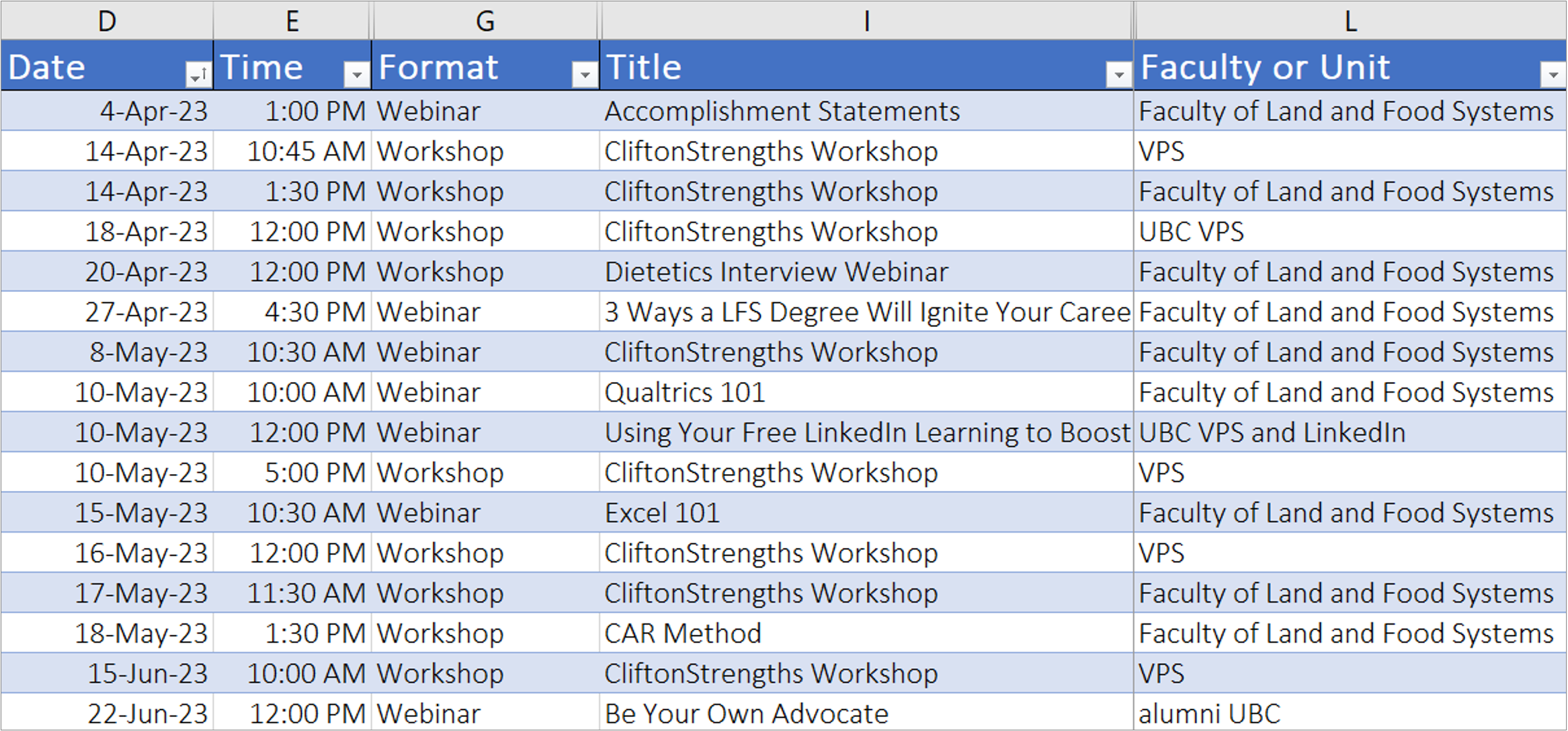
I also like to keep track of qualitative info about what I’ve achieved by saving nice emails or compliments I’ve received throughout the year in a subfolder in my inbox. Like the entries in my spreadsheet, these also serve as snapshots I can use for my own year-end review. (Every now and then, I also dip into this folder if I need a pick-me-up.)
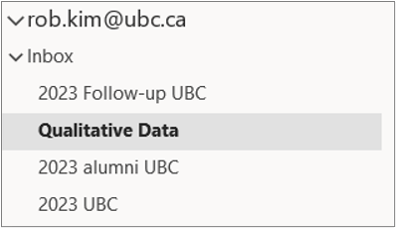
But even if you haven’t been tracking your achievements in a spreadsheet or folder, you can still generate snapshops for the year fairly quickly. One way is to go through your work calendar and jot down one or two top achievements each month. Another way is to do a quick five-minute brainstorm using questions like, “What have I been complimented for at work? How did I contribute to that?” or “What am I known for by my colleagues/customers at work?”
Once you’ve compiled your snapshots for the year, you can then organize, rank, and revel in them as you please.
2. Feel all the feels
Speaking of revelling, an important step of reflection is taking the time to note how you felt about an experience and connecting it to what you have accomplished.
As you review your past year of work, try using some of the following questions to surface your thoughts and feelings:
- How did I feel as I went through the process of building "X"?
- What was an unanticipated benefit or surprising revelation after completing "X"?
- What is the personal or organizational value that drove the work?
For example, reflecting on my above facilitation output:
- I felt my energy at work was good as the amount of facilitation I did was manageable.
- I am surprised I did eight CliftonStrengths workshops in a quarter — much more than usual.
- I value learning and developing people by inspiring them to practice intentional reflection and to lean into their strengths as a catalyst for growth.
3. Think ahead
A good “Best of…” list gets you looking at the past while also inspiring you to think about the next year — what upcoming album, show, or movie are you excited about? Similarly, you can use your own reflections not only to celebrate your professional accomplishments over the past year but also to identify new ideas, skills you wish to build, or even what to stop doing in the future.
For myself, in 2024, I’m aiming to:
- Facilitate no more than six workshops per quarter
- Identify who I will continue to support with CliftonStrengths
- Explore how I can use digital media to scale up a strengths-based approach to career programming so that I can reach the most people with the least number of facilitated workshops
Doing a professional year in review doesn’t have to be an intense process. Start small and aim to carve out even just a bit of time to reflect on your experiences over 2023. Recognize that by doing so, you are rewarding yourself for all the hard work you have put into your projects and processes throughout the year.
Part of why I enjoy year-end reviews is not only remembering the steps I took along the way to get to December, but also being able to revisit my accomplishments with the benefit of hindsight mixed in with time and distance. Recaps help us celebrate and study our journey. By diving into your own “Best of” list, this is where another layer of learning happens. This is where you encounter new ideas or are prompted to spend more time thinking about a topic or goal moving forward. By intentionally taking the time to recap your year’s greatest career hits, you can spot(ify) your next step and use what you learn as a launching point for the new year.





